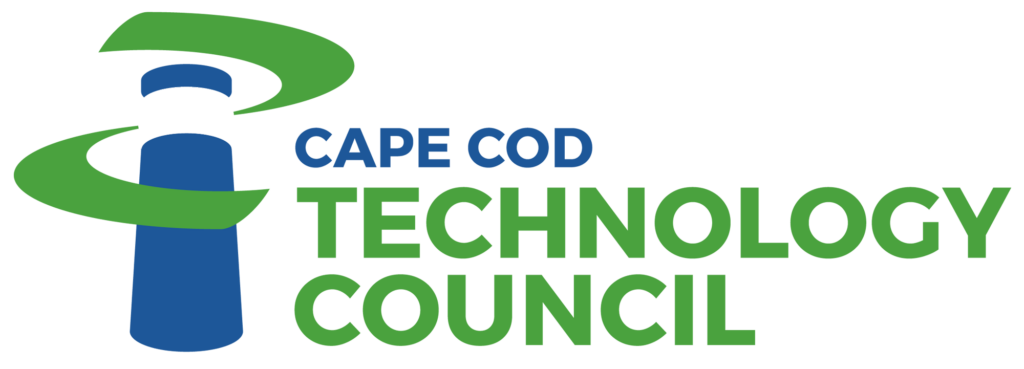Mark Forest came to our January Infrastructure Committee meeting to present the background of the Cape Cod Transportation Study Committee, as a follow-up to our report in December.
The information Forest shared was from the December 1 presentation at Massachusetts Maritime Academy. The study area spans the canal, our depression-era bridges, and two Bourne rotaries. The goal is to improve accessibility to the canal area, assess infrastructure to ensure connectivity between the bridges, and create multi-modal mobility in the Cape Cod Canal area.
When the topic of replacing the bridges comes up, the big picture is often missed – including the need to address the stress of increased traffic flow. Our state representatives are routinely contacted about bottlenecks caused by maintenance repair work. Forest noted that because of the age of the bridges, increasingly frequent cycles of repair work is exacerbating traffic disruption.
If nothing is done to repair or replace the bridges, Forest says, backups will increase and at some point there will be weight restrictions on the bridges. The Army Corps of Engineers controls the bridges, but their priority is navigation through the canal, not transportation over the canal.
In 2009 the Secretary of Transportation was asked to put together a task force of officials with a role in shaping what went on at the canal. This group, made up of Mass DOT, US Army Corps of Engineers, and a team of consultants, has been meeting and has secured funding to begin the process.
Multiple proposals on how to deal with traffic flow and the bridges were discussed at the December 1 meeting, including the P3 alternative (3rd bridge). There was also discussion of potential freight ferry access between New Bedford and Martha’s Vineyard, which would reduce truck traffic on local streets in Falmouth and across the Bourne bridge.
Several of these proposals would have an environmental impact, which Forest said would be ironed out in the MEPA/NEPA process.
Our job, he said, is participating and keeping it these proposals on track and advancing our infrastructure needs on the priority list. The Cape Cod Chamber of Commerce reported that they are actively keeping it on the front burner. According to the Chamber, the cost of congestion to the local economy is in the millions of dollars.
